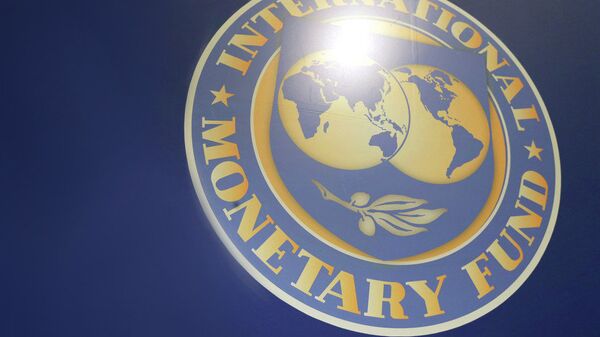Kristian Rouz – Amid the weak economic recovery from the Great Recession of 2007-2009, many advanced economies are still dealing the consequences of the economic meltdown from a decade ago.
Despite the gradually accelerating economic growth in most countries, the challenges of low productivity, sluggish inflation, and dismal gains in salaries and wages undermine macroeconomic fundamentals, and hamper future growth expectations.
Fundamentally weak economies coupled with robust demographic dynamics in most advanced nations, face the hazards of a possible increase in poverty, greater income disparity, and an overall deterioration in the quality of life.
“Structural reforms that were difficult to do in hard times would be much easier in better times because the outlook is stronger,” International Monetary Fund (IMF) Managing Director Christine Lagarde said.
Lagarde is calling for fiscal policy measures aimed at economic reforms in order to boost efficiency and labor productivity, as central banks – after nearly a decade of ultra-loose monetary policies – have exhausted their capacity to stimulate growth.
“It’s when the sun is shining that you need to fix the roof. That message was received 100 percent,” Lagarde says.
IMF’s main advisory body, the International Monetary and Financial Committee (IMFC), says the modest acceleration in growth, supported by the increased volumes of global trade, manufacturing output, and business investment, provides enough grounds for higher budget spending aimed at eradicating the existing economic weaknesses.
However, the IMFC says, the post-Great Recession recovery is not finished yet, as reflected by the nightmare of most central banks – weak inflation in a solid labor market.
“The bottom line in terms of policy is that we are confident that as conditions will continue to improve, the inflation rate will gradually converge in a self-sustained manner,” European Central Bank (ECB) Governor Mario Draghi said. “But together with our confidence, we should also be patient because it’s going to take time.”
The Eurozone is lacking a coordinated fiscal policy, whilst the single central bank, the ECB, has used up all its tools to promote economic growth within the bloc. These include monetary easing, with negative- and zero base borrowing costs, and massive asset purchases, which have kept bond yields subdued for most of the current decade.
In Draghi’s case, there are few options but wait and see, however, the US and Britain are exploring various possibilities of fiscal stimuli, complementing monetary adjustment, and, to a certain extent, replacing unconventional credit expansion.
However, the IMF has warned, unlike the monetary stimuli of the past ten years, accommodative fiscal policies must be aimed at achieving certain goals, most importantly, structural economic reform. Unless this goal is attained, accommodative measures would only provide a short-term boost to consumption, with the same old issues resurfacing billions and trillions of dollars later.



